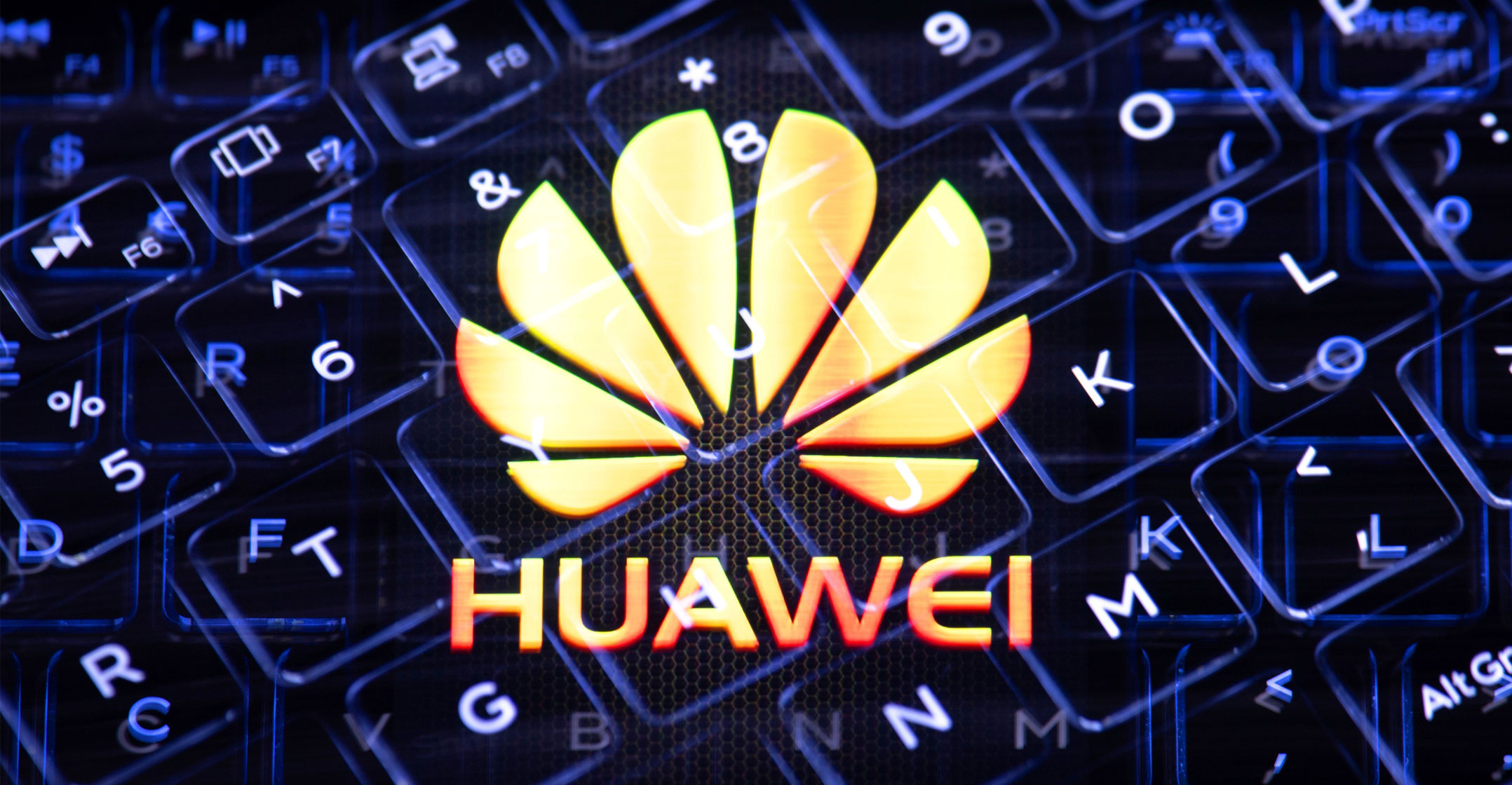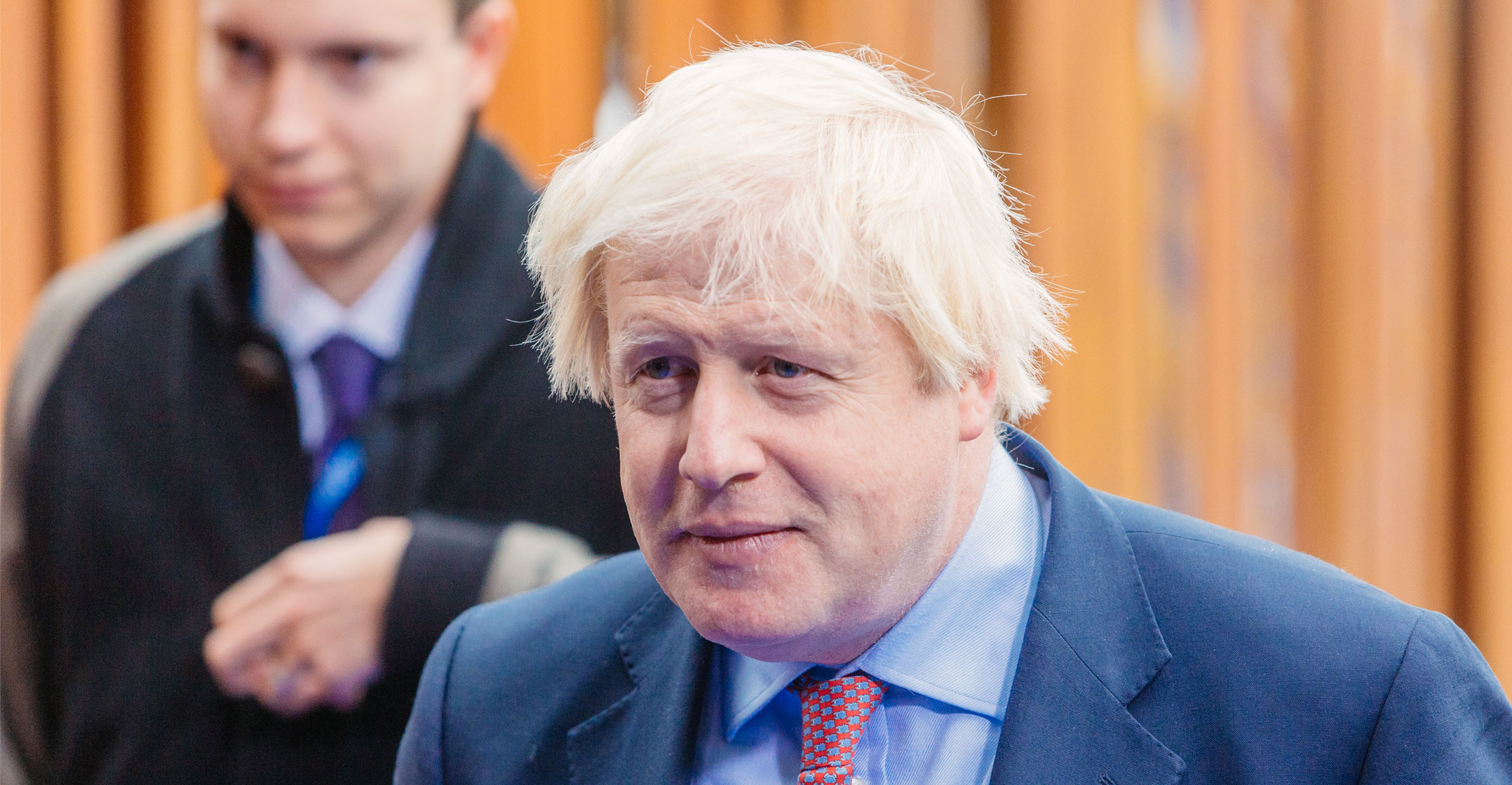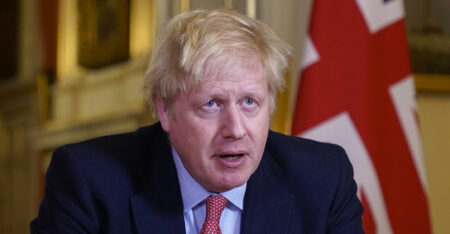 Continuing to allow Huawei equipment to be used in the UK’s 5G networks would create “some tensions” in the US’s ability to share sensitive intelligence, an American senator has warned.
Continuing to allow Huawei equipment to be used in the UK’s 5G networks would create “some tensions” in the US’s ability to share sensitive intelligence, an American senator has warned.
Republican Tom Cotton told British MPs on Tuesday that the US would try to find a way around the issue but there was “no doubt” that its intelligence agencies would face some “challenges in being as open and sharing as much information”.
It comes after the prime minister’s official spokesman revealed on Monday that the UK’s cybersecurity agency has launched a review looking at the impact new US sanctions against Huawei could have on the UK’s networks.
US President Donald Trump has led calls for allies to ban Huawei from their networks, and the UK has committed to work with “like-minded countries” to reduce dependence on the company.
“It will create some tensions in our ability to share the most sensitive kinds of intelligence,” Cotton told the defence committee.
“We would find a way to work around on the most urgent questions of sharing intelligence, of sharing analysis, of sharing kind of imminent threats that, of course, we always passed between our five nations (the UK, the US, Australia, Canada and New Zealand), but there’s no doubt that our intelligence agencies would face some challenges in being as open and sharing as much information.”
Vocal critic
The senator – who has been a vocal critic of the UK government’s decision to allow Huawei equipment within non-core parts of the network – said he fears China is “attempting to drive a hi-tech wedge” using Huawei to jeopardise the “special relationship” between the UK and the US.
In a tense exchange with Labour MP Kevan Jones, who asked whether US concerns about Huawei were being used as a threat to change policy in the UK, Cotton responded: “I would ask: why are you so eager to put a criminal organisation’s technology into your networks?
“An organisation whose technology is being used to repress millions of Muslim minorities in Xinjiang province, who is a serial sanctions violator, building out the networks in Iran and Syria, you seem very eager to use their technology.”

He also said relying on any company linked to the Chinese government would be as if we “relied on adversarial nations to build our submarines or to build our tanks”.
The senator made clear to MPs that he does not speak on behalf of the US government but does believe they are widely shared by legislators across the Atlantic.
Former Trump administration adviser, brigadier-general Robert Spalding, and former US representative Mike Rogers also gave evidence during the session.
“I hope the prime minister, as he’s talked about maybe rethinking his position on Huawei, I hope that he reconsiders,” said Rogers, who is chairman of 5G Action Now, a group established to make the US a world leader in 5G.
Victor Zhang, vice president of Huawei, responded to the developments, saying: “Today’s committee concentrated on America’s desire for a homegrown 5G company that can “match” or “beat” Huawei.
“It’s clear its market position, rather than security concerns, underpins America’s attack on Huawei as the committee was given no evidence to substantiate security allegations.
“We welcome open and fair competition as it fosters innovation and drives down costs for everyone.”




